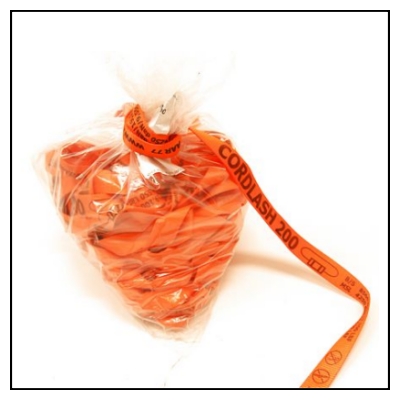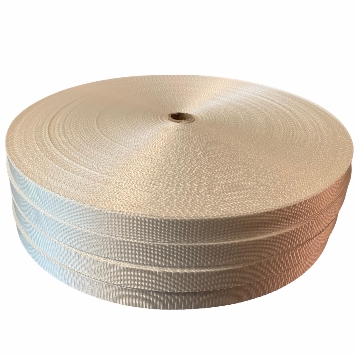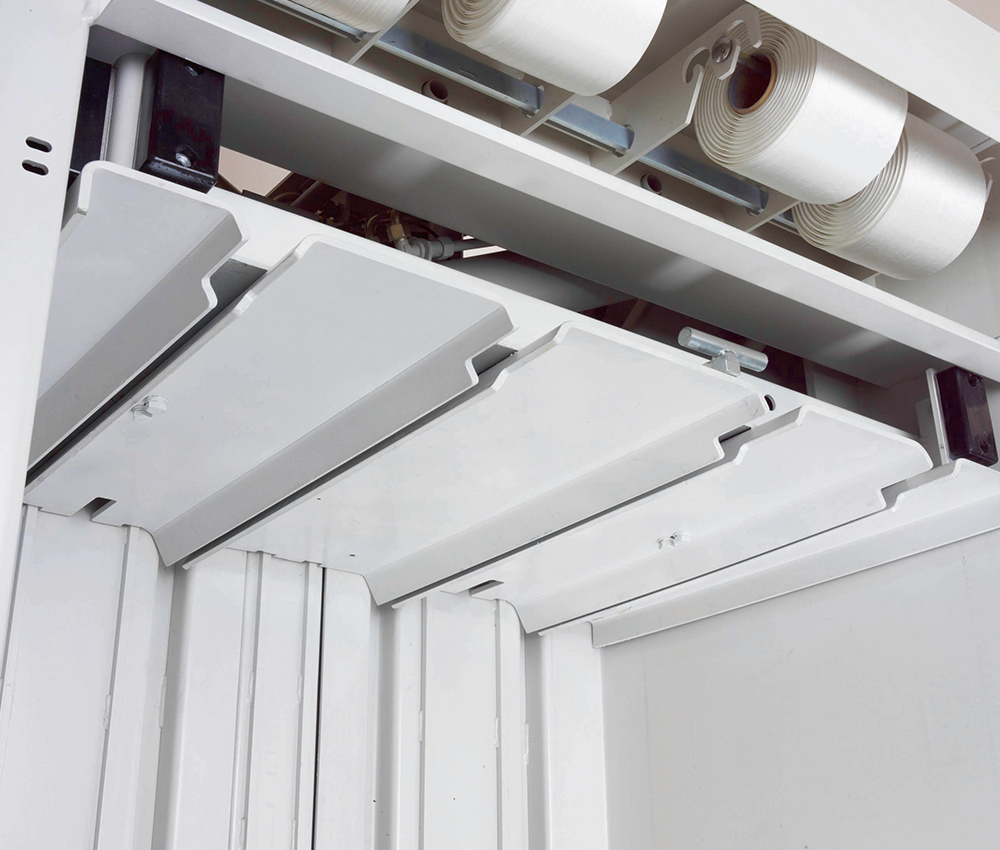General News
The Versatility of 19 mm Baling Tape in Recycling&Packaging
Introduction:
In the realm of recycling and packaging, 19 mm baling tape stands out as a crucial component for securing and stabilizing bales of recycled materials. This tape is specifically designed to withstand the rigors of the recycling process, ensuring that the bales remain intact and secure throughout transportation and storage. This article delves into the features, benefits, and applications of 19 mm baling tape in the recycling sector.
Features of 19 mm Baling Tape:
Strong Adhesion: Baling tape is engineered with a high-strength adhesive that ensures a tight and secure bond between layers of recycled materials. This prevents the bales from unraveling during handling and transport.
Durable Material: The tape is made from a durable material that can resist tearing, punctures, and stretching. This durability is essential for maintaining the integrity of the bales, especially when they are subjected to heavy loads and rough handling.
High Tensile Strength: With a width of 19 mm, this tape offers a significant tensile strength, which is necessary for binding large and heavy bales of recyclables such as cardboard, plastic, and metal.
Resistance to Environmental Factors: Baling tape is designed to withstand various environmental conditions, including moisture, temperature fluctuations, and UV exposure. This ensures that the tape remains effective even in challenging outdoor settings.
Easy Application: The tape is designed for easy application, allowing recycling workers to quickly and efficiently bind bales without the need for specialized equipment.
Benefits of Using 19 mm Baling Tape:
Enhanced Bale Stability: The use of 19 mm baling tape contributes to the stability of the bales, reducing the risk of damage and spillage during transport and storage.
Improved Efficiency: The strong adhesive and high tensile strength of the tape allow for faster and more efficient baling processes, increasing productivity in recycling facilities.
Cost-Effectiveness: While the tape is robust, it is also cost-effective, making it an economical choice for businesses looking to optimize their recycling operations.
Environmental Impact: By ensuring that bales remain secure, the tape helps to minimize the loss of recyclable materials, contributing to a more sustainable waste management system.
Applications of 19 mm Baling Tape:
Cardboard Baling: In the paper and cardboard recycling industry, this tape is used to bind large volumes of cardboard into compact bales, facilitating easier handling and transportation.
Plastic Recycling: For plastic waste, the tape is instrumental in creating stable bales that can be safely transported to processing facilities without the risk of contamination or spillage.
Metal Baling: In metal recycling, the tape is used to bind scrap metal into compact bales, which are then ready for melting and repurposing.
Textile and Organic Waste: The tape is also suitable for binding bales of textiles and organic waste, ensuring they are secure and ready for further processing or composting.
Conclusion:
19 mm baling tape plays a vital role in the recycling and packaging industries by providing a reliable and efficient means of securing bales of various recycled materials. Its durability, strength, and ease of application make it an indispensable tool for maintaining the integrity and efficiency of the recycling process. As the demand for sustainable waste management grows, the importance of high-quality baling tape like this will only increase, ensuring that recyclable materials are handled with care and precision.





